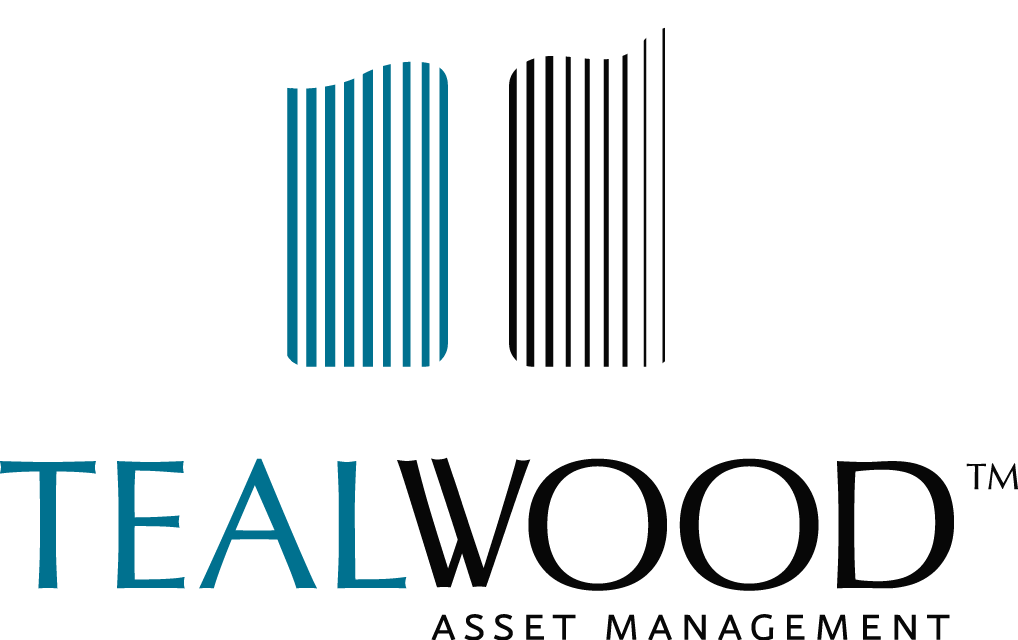In 2008, amidst the market’s chaos, an obscure term became commonplace: “Black Swan.” The term is derived from the title of a book by Nassim Nicholas Taleb, the subject of which was the extreme impact of rare and unpredictable outlier events. During that crash, when some new plot twist turned ugliness uglier, it become common to explain it with just the phrase Black Swan.
So again, a Black Swan has come to roost – it is rare and unpredictable. We approach it understanding we can view it with a commonsense lens more than we, or anyone, can talk detailed precision.
Some Common Sense Takes
- Focus on longer-term time horizons; your personal asset allocation and strategy over the longer-term are more important than what happens in the market on a shorter-term basis.
- Remain conscientiously planful; continue to monitor information versus emotionally oscillating between best-case and worst-case scenarios and strive to detach from emotionally driven decision making and reactions around your investments.
- See this as an episode; we believe the high-quality businesses you are invested in have enduring value before, during, and after this episode.
- Emphasize the less economically sensitive sectors.
We are not dismissive in any way, and neither do we reflexively extrapolate to worst-case scenarios. We are closely following and are supportive of preventative measures, and if some of those measures are viewed as being a bit overboard, in the cause of prevention, that is fine with us.
Of course, preventive measures have an economic impact when, for instance, restaurants close, travel gets canceled, and groups do not meet. For investors, there are several primary questions. How deep? How sustained? Which businesses are more likely to be vulnerable and which are less likely to be?
At this time, our assessment is that these events will subtract from GDP growth in 2020, but not so much as to take us into negative GDP territory. As of this writing, the market has sold off roughly 25% year-to-date. The actual full impact is unknowable, but we would expect the number of cases to begin to decline during the second quarter, and for there to be some subsequent recovery in the markets. We believe the impact will be greater in the most economically sensitive sectors (Energy, Industrials, Financials, Materials), and lesser in the less economically sensitive sectors (Health Care, Utilities, Consumer Staples). Over the past year, across all our portfolios, we had already been transitioning to
an emphasis on the less economically sensitive sectors and deemphasis on the more economically sensitive sectors.
Again, the most important investment decisions are about asset allocation and rational investor behavior, a.k.a. behavioral finance. Allocating appropriately between offense and defense for you continues to be our focus. Having a fact-driven strategy is more important than following the pull of emotions. At the top of the market on February 19th, the emotional direction finder of the average investor was pointing toward euphoria. Not upending asset allocation in favor of euphoria has served our clients well. A long-term perspective applies as aptly during challenging times.


